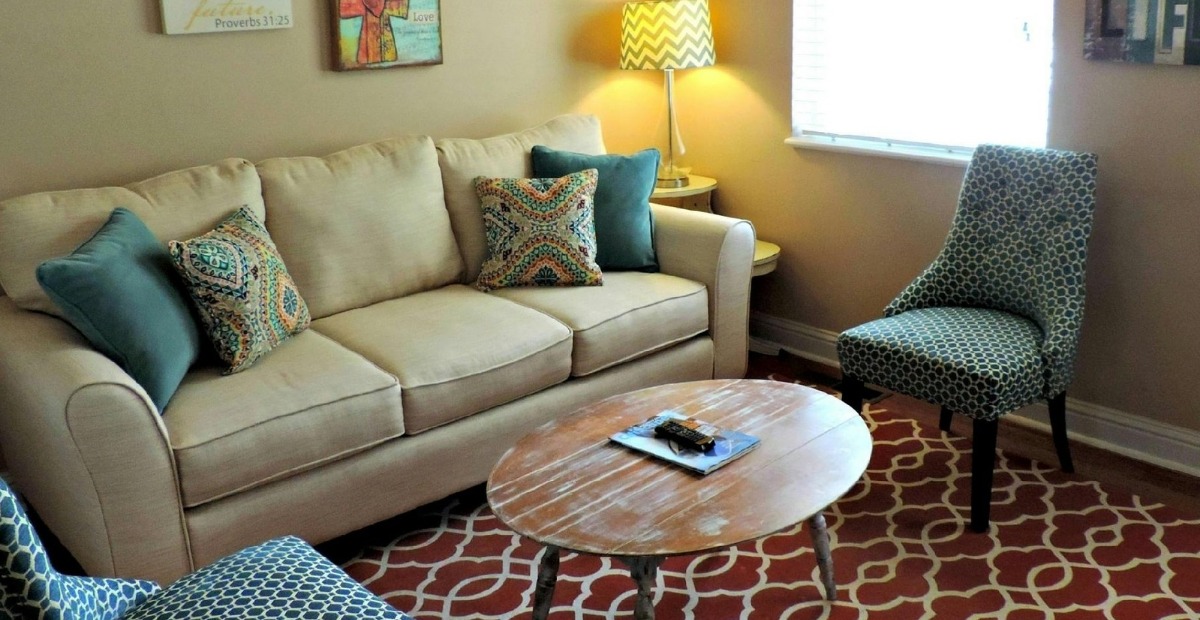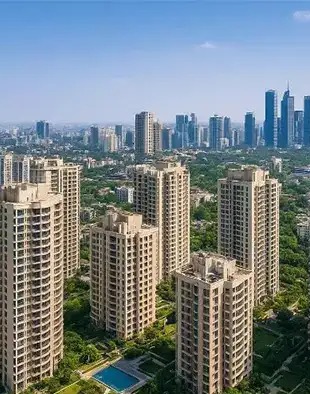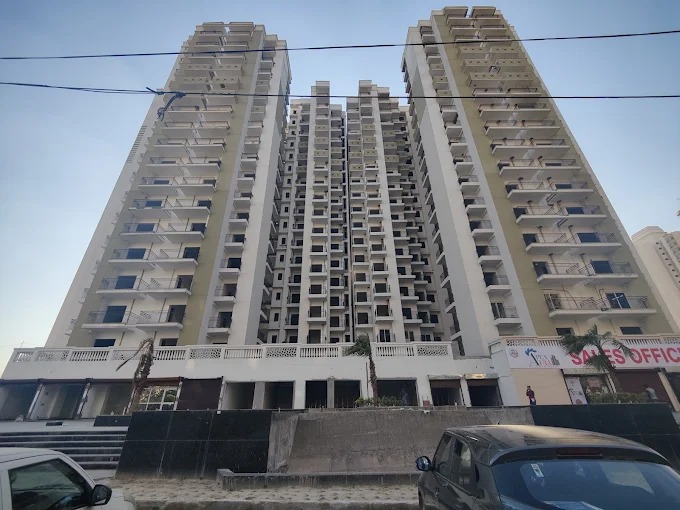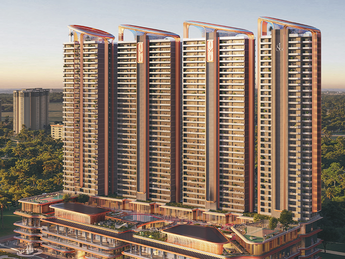Did you miss out on Diwali deals? Smart money tips for people who want to buy property
By Bricksnwall | 2025-10-25

Did you miss the holiday deals this Diwali? It's
never too late to make plans to buy a home, so don't worry. Deals around the
holidays can be tempting, but you should only buy a house when you can afford
it, not because it's on sale.
Rohan Jha, a 32-year-old marketing executive in Mumbai, is pursuing a six-month plan to buy his first home. He had planned to buy his first home during the holidays after the GST cuts, but he couldn't since he didn't have two good habits: saving automatically and keeping his debt low. He didn't set up an automatic transfer, so his savings weren't always the same. Also, having a lot of overdue credit card bills hurt his credit score.
Rohan is now saving on autopilot with guaranteed
automatic transfers to fix this. He's also working hard to pay off credit card
balances to improve his credit score. He is now focused on keeping his credit
report clean and saving money regularly.
It's not the end of the world if you miss a holiday
deal; some people might say it's a blessing in disguise. During the festive
rush, we often rush into emotional decisions. If you missed it, now is a good
time to look over your finances and make sure you're ready to buy a home.
For instance, if the EMI calculator says you can afford the payment of ₹60,000 a month, you might want to choose ₹50,000 so that you have some extra money for other things. Ashish Kukreja, founder and CEO of Homesfy, a tech-enabled brokerage company, says, "That way, when the new window comes around, like during Christmas and New Year later, you'll be ready to go."
Set up a Fund for a down Payment
“Buyers should first set a realistic down payment
goal and start saving regularly toward it,” says Rahul Purohit, co-founder and
CBO of Square Yards, a proptech platform in India. Start saving a lot of money
for your down payment. The most important rule is to pay yourself first. Set up
a new account or SIP just for your home money.
Kukreja says, "I've seen a lot of buyers start this habit early, even with just ₹10,000 a month. Within a year or two, they have a good down payment corpus."
Paying on Time can help Banks approve your Loan
Check your credit report often and rectify any mistakes to make your credit record stronger. This will help your credit score. "Making your EMI and credit card payments on time improves your credit score." "People who save money and manage their debts responsibly are more likely to get a loan," adds Purohit.
Pay off credit cards, personal loans, and loans with high interest rates. And check that your credit score is over 750, because that helps a lot. Kukreja explains, "Banks will see you as a 'low risk' customer, which means lower interest rates and faster approvals."
Being able to Pay is more important than being able to get it
Income stability, credit score, and current debts are the main factors that determine eligibility. Pramod Kathuria, founder and CEO of Easiloan, a digital home loan marketplace, says, "To avoid over-stretching for the maximum possible amount, buyers should run a pre-eligibility check to understand exactly how much they can realistically borrow." Using calculators to figure out EMIs is necessary so that the payments fit within the monthly income range that is comfortable.
You shouldn't take a ₹1 crore loan just because a bank says you can. Affordability and eligibility are two different things. The rule of thumb says that your total EMIs (house loans, auto loans, personal loans, etc.) should be less than 40% of your monthly income. This means that if you make ₹1 lakh a month, your total EMIs shouldn't be more than ₹40,000.
Keep a Safety net for your money once you buy
A big down payment is always a good thing. It takes some of the stress off of your EMI. But don't make the mistake of emptying your savings account to achieve it. You should always have enough money in your emergency fund to cover 6 to 9 months' worth of living expenses. You never know what will happen in life. You could lose your job or need medical care.
Families have bought homes only to have to sell or refinance later because they didn't leave enough money in case of an emergency. "Don't forget that paying for a property's registration doesn't mean the costs are over. There are still taxes, maintenance, insurance, and society fees." Kukreja says, "When you figure out how much it will cost, add all of these things up before you think about approving the purchase."
Festivals come and go, but many Indians, owning a property is frequently a way to make a big ambition come true and make a lifetime commitment. "Festive offers may be tempting and can be helpful if used wisely, but it's always better to make sure you're ready to buy before you make a purchase," says Atul Monga, Co-founder and CEO of BASIC Home Loan.
Source: Hindustan Times







